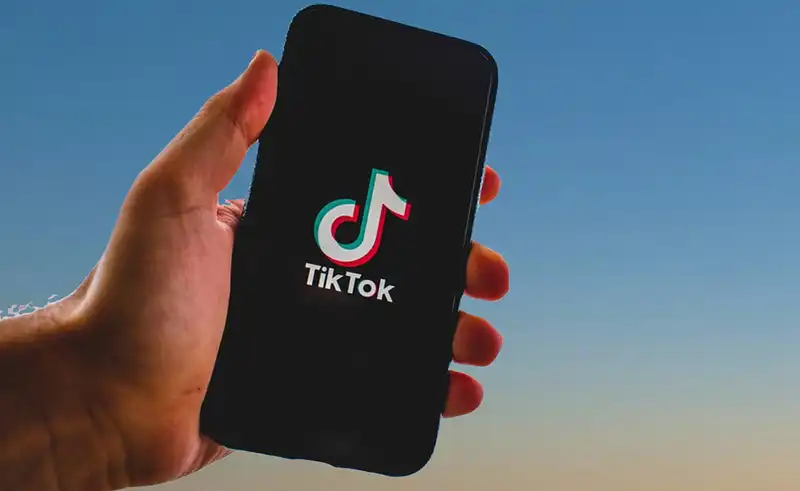U.S. TikTok users face the possibility of being locked out of the app after the U.S. House of Representatives passed a bill. The bill gives ByteDance, the China-based parent company of TikTok, six months to sell its controlling stake in the app. Otherwise, the app would be blocked in the U.S.
The cause for concern is that ByteDance is under the jurisdiction of the Chinese government, and the app is subject to censorship protocols and must share user data with Chinese authorities upon request. These provisions make foreign governments uneasy. [The bill passed the House with bipartisan support. However, some lawmakers have expressed concerns about potential problems, including government overreach, and many Democrats are concerned that the app ban will alienate younger voters, a key voting block Democrats need to be successful in the November elections. Former President Donald Trump also opposes the ban, despite past attempts to ban the app.
The Chinese government has ridiculed the bill; the BBC quoted a Chinese Foreign Ministry spokesman as saying: "Such bullying behavior, which cannot be won in fair competition, disrupts the normal business activities of companies, undermines international investors' confidence in the investment environment, and impairs the normal international economic and trade order."
TikTok's explosive popularity has led to a surge in ad revenue. Research firm Emarketer estimates that TikTok will bring in about $8.66 billion in ad revenue this year in the U.S. alone. It has become a popular app for influencers and small businesses to promote their products.
TikTok has long been a concern for foreign governments. It has already been banned from government devices in many European countries, most U.S. states, and Canada. It is also banned entirely in India. Last year, an Australian Senate committee warned that TikTok was one of the country's biggest security risks.
The bill would have forced ByteDance to sell the business in just six months; according to ByteDance (via CNBC), TikTok is worth as much as $268 billion. That's a big price tag that should make potential investors hesitant, and that's before the possibility of antitrust action or legal challenges. Only a handful of companies can afford such a large sum.
The bill will go to the U.S. Senate. If passed, President Joe Biden has indicated his intention to sign it immediately.


Comments